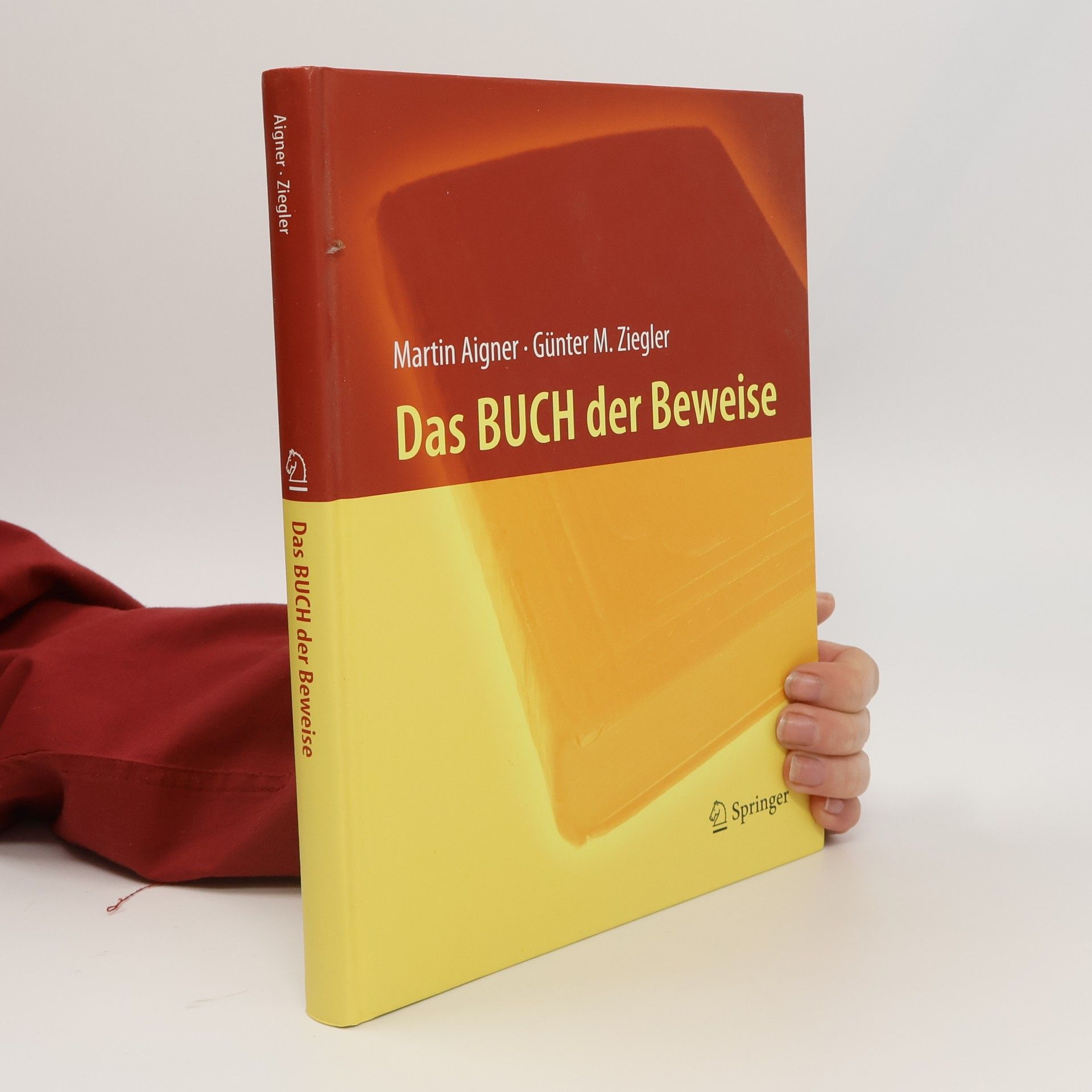Dowody z księgi.
- 260 pages
- 10 hours of reading
Sławny węgierski matematyk Paul Erdös mawiał, że Pan Bóg ma wielką Księgę, w której zapisane są najbardziej doskonałe dowody wszystkich twierdzeń matematycznych. Wyboru twierdzeń według sugestii Erdösa dokonali jego uczniowie - autorzy niniejszej książki. Przytoczone dowody opatrzyli komentarzami i uzupełnieniami. Książka daleka jest od popularyzatorskiego rozgadania, napisana jest lekko, z wyraźnym poczuciem humoru; z matematycznego punktu widzenia jest ścisła, precyzyjna i elegancka. Czytelnik znajdzie tu dowody twierdzeń z pięciu różnych dziedzin matematyki: teorii liczb, geometrii, analizy matematycznej, teorii grafów i kombinatoryki. Publikacja przeznaczona jest dla matematyków i wszystkich miłośników matematyki.




